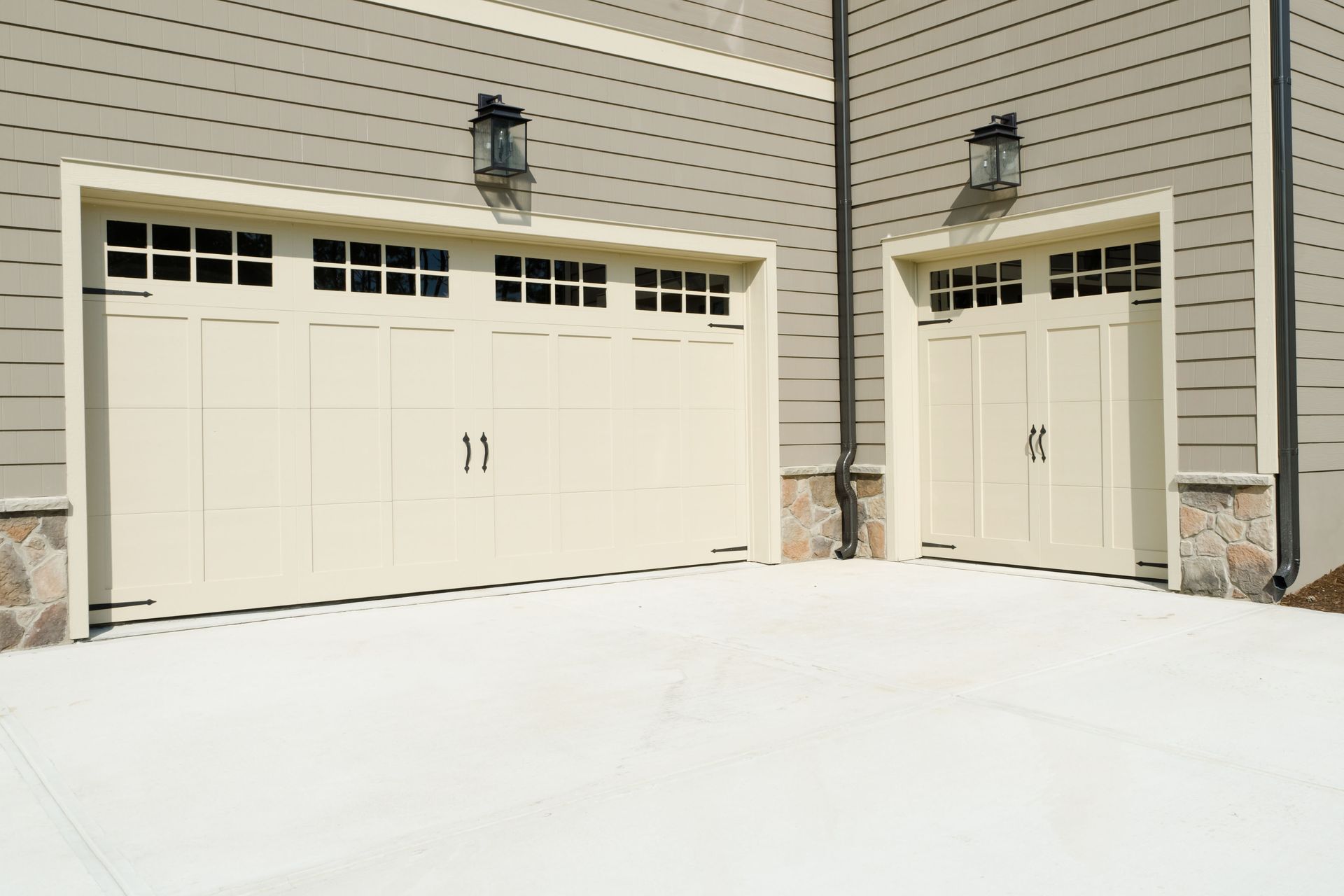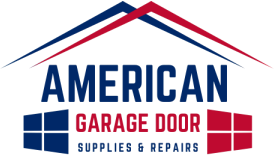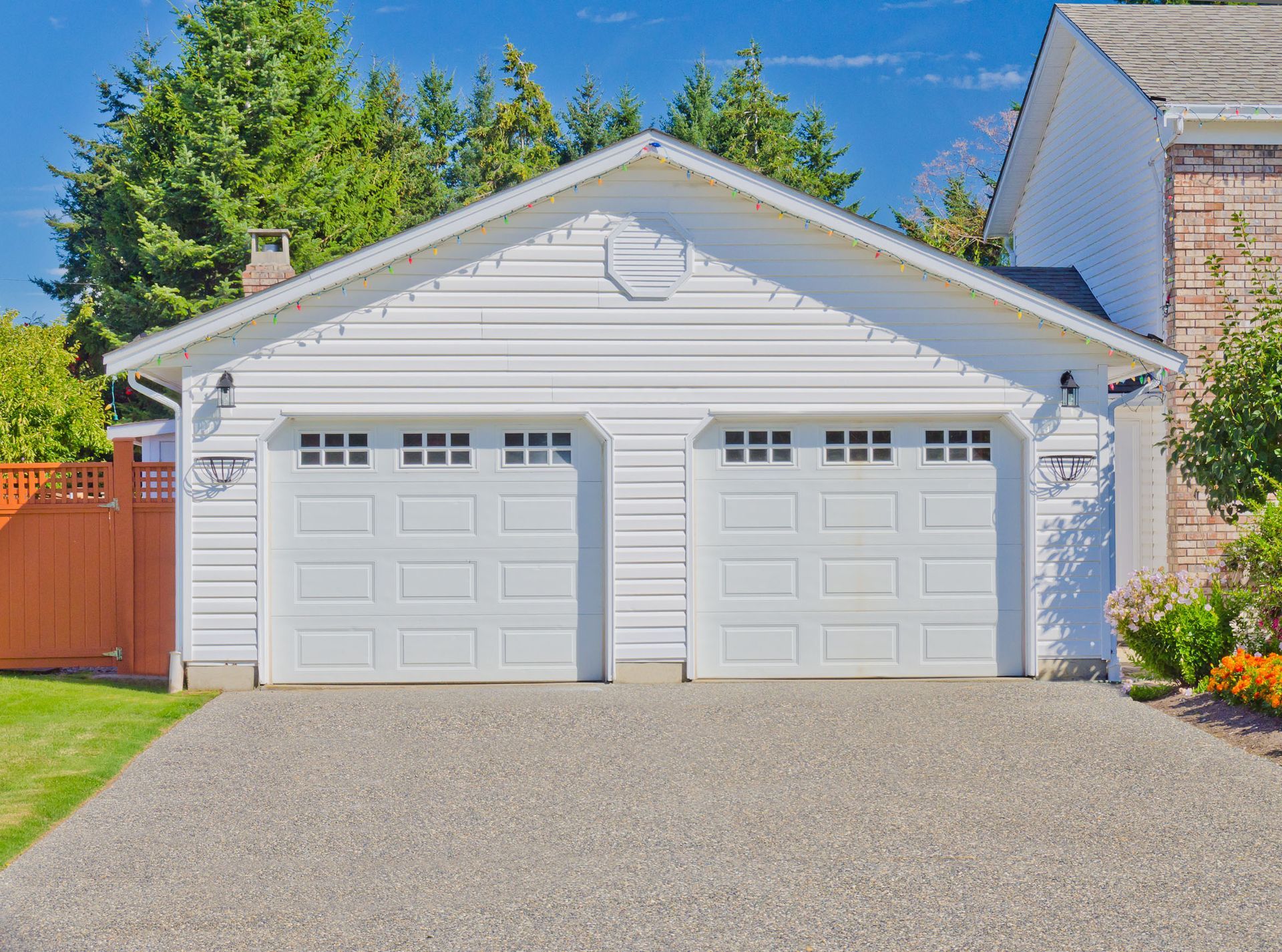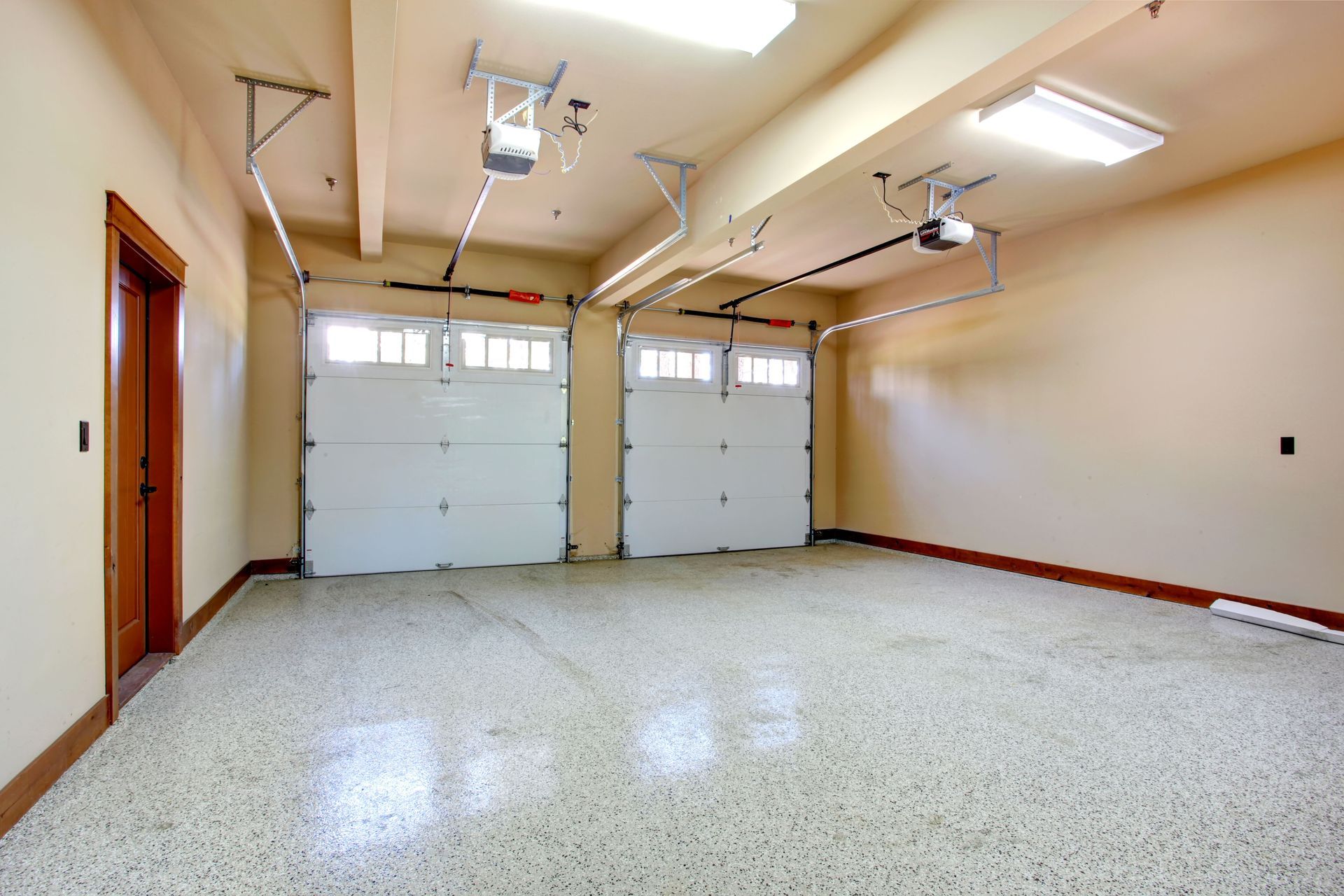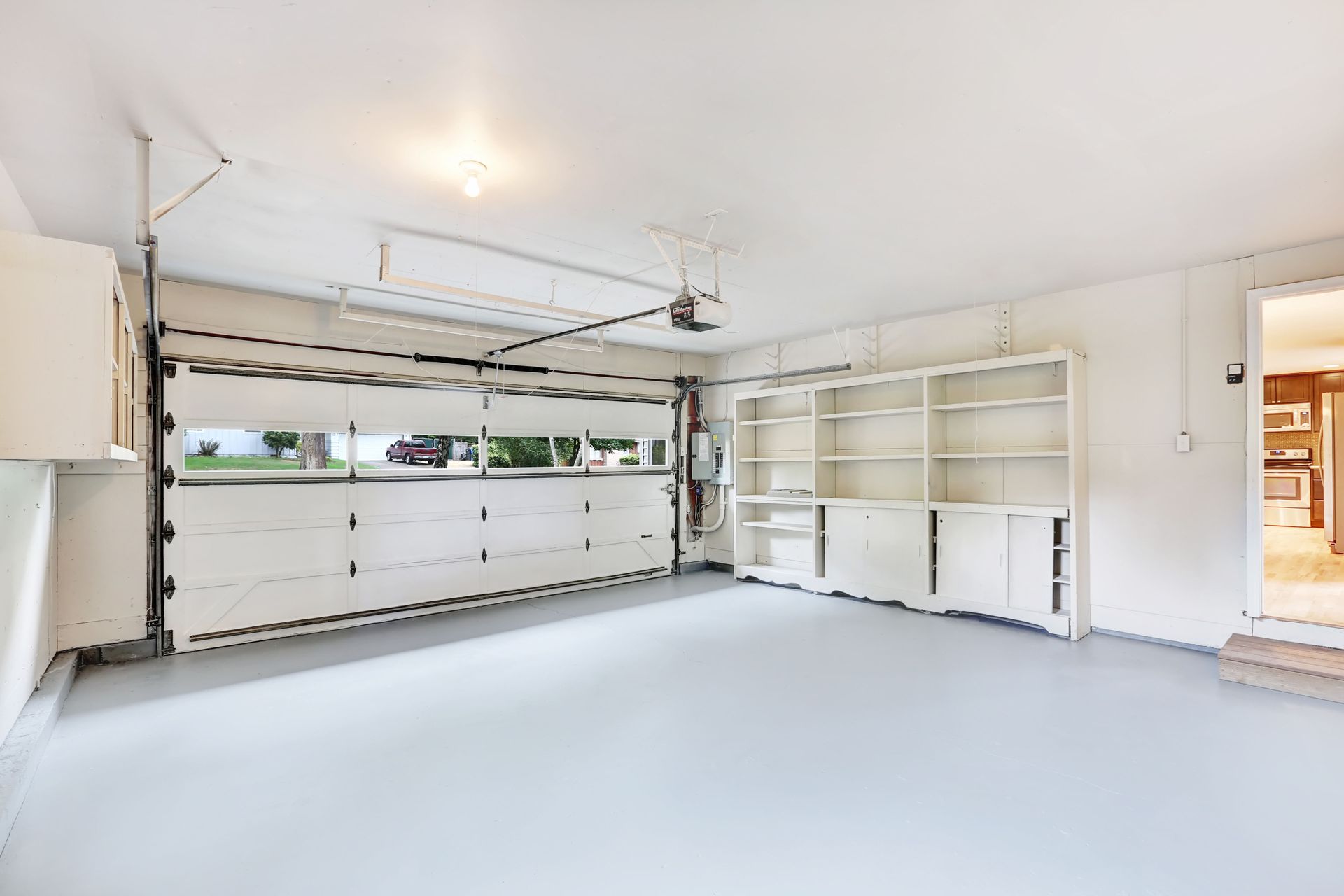November 10, 2025
Garage doors are an essential component of residential and commercial properties, providing security and convenience. However, like any mechanical system, they require regular maintenance and occasional repairs. This article delves into the nuances of garage door repairs, offering insights into common issues, repair techniques, and maintenance tips.
Understanding Common Garage Door Problems
Broken Springs
One of the most common garage door issues is broken springs. These springs are crucial as they counterbalance the heavy weight of the door, allowing it to open and close with ease. When a spring breaks, it can render the door inoperable or cause it to malfunction. These springs are often under significant tension, which can pose a risk during repair attempts. Regular inspection and maintenance can prevent unexpected breakdowns and ensure smooth operation.
Misaligned Tracks
Misaligned tracks can cause the garage door to become stuck or move unevenly. This issue often arises from accidental impacts or the gradual loosening of bolts over time. When the tracks are not correctly aligned, the door can bind, creating stress on other components. Addressing track misalignment promptly can prevent additional damage to the door system. Regular checks and minor adjustments can help maintain proper track alignment and extend the door's lifespan.
Sensor Malfunctions
Sensors are safety features that prevent the garage door from closing on obstructions. When sensors malfunction, the door might stop unexpectedly or refuse to close completely. This issue can arise from dirt accumulation, misalignment, or electrical failures. Ensuring the sensors remain clean and properly aligned is essential for the door's safe operation. Occasionally, a professional assessment might be needed if sensor problems persist despite basic troubleshooting efforts.
Noisy Door Operation
Noisy door operation is not only a nuisance but can also indicate underlying mechanical problems. The noise can be due to loose hardware, worn rollers, or a lack of lubrication. Identifying the source of the noise early can help prevent further damage. Regular maintenance, including lubrication of moving parts, can reduce noise and prolong the life of the components. Addressing noise issues promptly ensures the garage door operates smoothly and quietly.
Tools and Equipment Needed for Repairs
Essential Hand Tools
Basic repair of garage doors typically requires a selection of essential hand tools. Wrenches, screwdrivers, and pliers are indispensable for adjusting and securing various components. Having a reliable tape measure can help ensure accurate alignments. It's also beneficial to use a level to verify the evenness of tracks and other structural elements. Keeping these tools accessible facilitates prompt repairs, minimizing disruptions.
Power Tools for Efficiency
For more involved garage door repairs, power tools can enhance efficiency and precision. A cordless drill is invaluable for quickly removing and fastening screws. Angle grinders or rotary tools may be needed to cut through worn sections or stubborn bolts. These tools, when used correctly, can save time and effort, especially for repetitive tasks. Investing in quality power tools can be a worthwhile consideration for frequent DIY efforts.
Safety Equipment for Protection
Repairing garage doors can pose safety risks, making protective equipment crucial. Safety glasses guard against flying debris during cutting or drilling. Gloves offer protection from sharp edges and reduce the risk of injury from hot or moving parts. Sometimes, additional gear like a helmet might be advisable, particularly for complex jobs. Prioritizing safety by wearing the right equipment minimizes potential hazards during any repair activity.
Specialty Tools for Specific Repairs
Some garage door repairs require specialty tools designed for specific tasks. A torsion bar tool, for example, is essential for safely adjusting or replacing torsion springs. Spring winding bars allow for precise and secure manipulation of spring tension. Similarly, specialized pliers for gripping cables can prevent slippage or damage. Awareness of what specialty tools might be needed can make certain repairs more accessible and safer.
Preventive Maintenance Tips
Regular Lubrication Practices
Regular lubrication is crucial for maintaining smooth door operation. Focus primarily on the springs, rollers, and hinges, which endure the most friction. Use a high-quality lubricant designed for garage doors, applied every few months or as needed. Proper lubrication not only reduces noise but also minimizes wear and tear on moving parts. Consistent maintenance can greatly extend the lifespan and reliability of the door system.
Inspecting Door Balance and Alignment
Checking door balance and alignment is essential for safe and efficient operation. Disconnect the door opener and manually lift the door halfway. If it remains steady, the balance is adequate; if not, adjustments may be necessary. Regular inspections can prevent misalignments that cause performance issues or damage. A balanced door also reduces strain on the opener, contributing to longer-term functionality.
Cleaning and Maintaining Sensors
Keeping sensors clean and properly aligned is vital for maintaining safety functions. Wipe sensors regularly with a soft cloth to remove dust or debris. Ensure the sensors align perfectly to communicate effectively. Regular checks can prevent malfunctions that pose safety risks. Properly maintained sensors help guarantee that the door operates safely and effectively, protecting both vehicles and individuals.
Checking and Tightening Hardware
Regularly inspecting and tightening hardware can prevent many common door issues. Check all bolts, screws, and fasteners for signs of wear or looseness. Timely tightening of hardware ensures components remain securely in place. This simple maintenance task can prevent critical failures that might necessitate major repairs. Undertaking this regularly will help maintain stable and reliable operation.
Seasonal Maintenance Checks
Seasonal maintenance checks can help pre-empt potential issues caused by weather changes. Inspections should cover all moving parts and electrical components for wear or damage. For instance, a well-insulated garage door can alter the garage temperature by about 20 degrees Fahrenheit, according to Realtor.com, enhancing energy efficiency throughout the year. Addressing issues promptly can prevent major replacements and extend the life of the system. This proactive approach ensures the garage door remains in optimal condition year-round.
Identifying When to Call a Professional
Complex Electrical Problems
Complex electrical problems often necessitate professional intervention. Unlike mechanical issues, electrical problems require specialized knowledge and equipment. Attempting DIY repairs on electrical systems can be hazardous, risking further damage or personal injury. Professionals can efficiently diagnose electrical faults and implement safe solutions. Recognizing the scope of the issue helps determine when to seek expert assistance, ensuring correct and safe handling.
Structural Damages
Structural damages to the garage door or frame pose serious safety and operational concerns. Issues might include warped panels, weakened frames, or dents that impede normal functioning. Such problems often go beyond simple DIY repair capabilities. Professional evaluation ensures that repairs are both secure and durable. Experts can assess the extent of damage and recommend appropriate corrective measures.
Persistent Malfunctions
Booking a professional service for persistent malfunctions can be the most efficient approach. Despite routine maintenance and troubleshooting, some issues may recur. Ongoing problems might indicate deeper issues requiring a comprehensive assessment. Professional technicians bring both experience and equipment to address persistent garage door problems effectively. Seeking their services helps resolve recurring issues, restoring seamless functionality.
Safety Concerns and Expertise Levels
Safety concerns should always dictate seeking professional help. Some garage door repairs carry inherent risks that exceed DIY skill levels. Expert knowledge is critical when working with high-tension components like springs. Moreover, professionals possess the experience to recognize complex safety hazards. Judging the situation wisely ensures safety remains paramount when dealing with potentially hazardous repairs.
Warranty and Legal Considerations
Considering warranty and legal implications influences the decision to hire a professional. DIY repairs might void warranties on newer systems. Manufacturers often require certified technicians for genuine parts and service agreements. Professional repairs maintain warranty validity and ensure compliance with legal regulations. This consideration underscores the importance of professional involvement in particular repair and maintenance contexts.
Garage door repairs, while sometimes daunting, become manageable with the right knowledge and tools. Whether addressing common problems, deciding when to hire professionals, or considering cost-effective solutions, understanding the finer details of garage door repairs can save time and money. Regular maintenance not only extends the life of your garage door but also ensures its safe and smooth operation. Reach out to American Garage Door Supplies & Repairs today for help with all your garage door repair needs.
